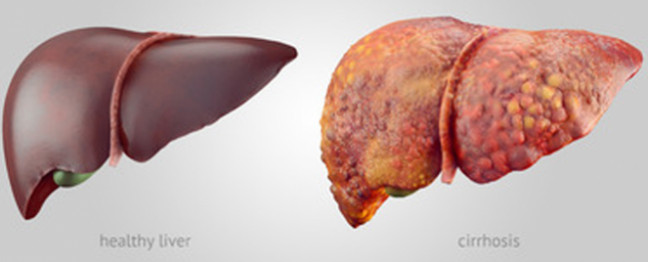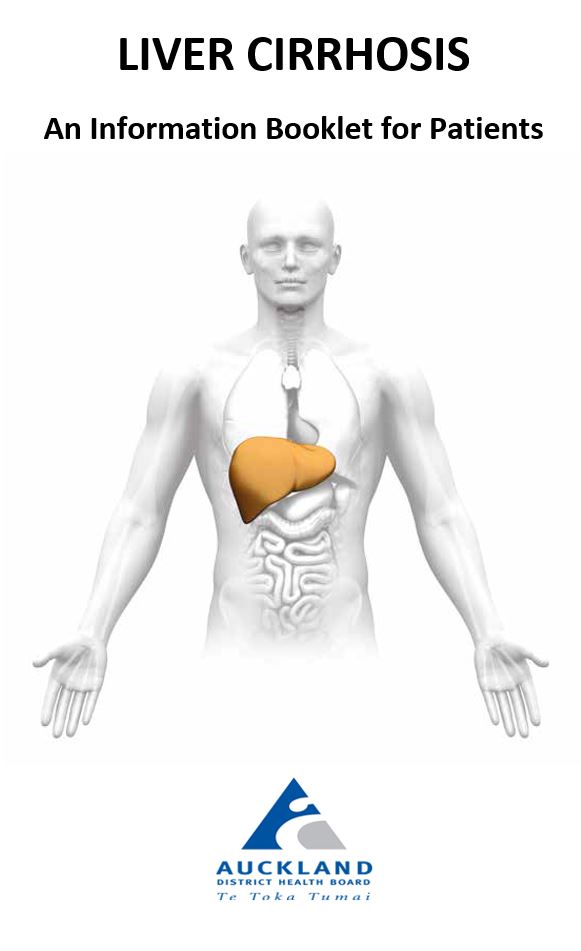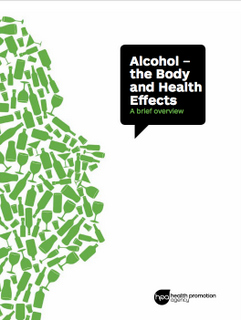Cirrhosis is a type of liver disease. It happens when scarring builds up on your liver through continuous damage from:
- drinking too much alcohol over many years
- chronic infection with the hepatitis B or hepatitis C virus
- having a condition called fatty liver disease.
The scar tissue replaces healthy cells so over time your liver is less able to:
- regulate the fluid in your bloodstream and body
- make enough chemicals for blood clotting
- process waste chemicals, medicines, toxins and other chemicals, so these may build up in your body.
Your liver can eventually stop working. This can be fatal.
Alcohol is a major factor in preventable cirrhosis, with 5% to 15% of heavy drinkers developing it. Women who are heavy drinkers seem to be more prone than men to cirrhosis.

Image credit: 123rf








